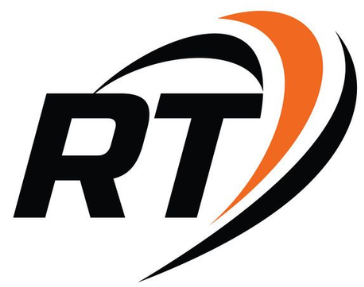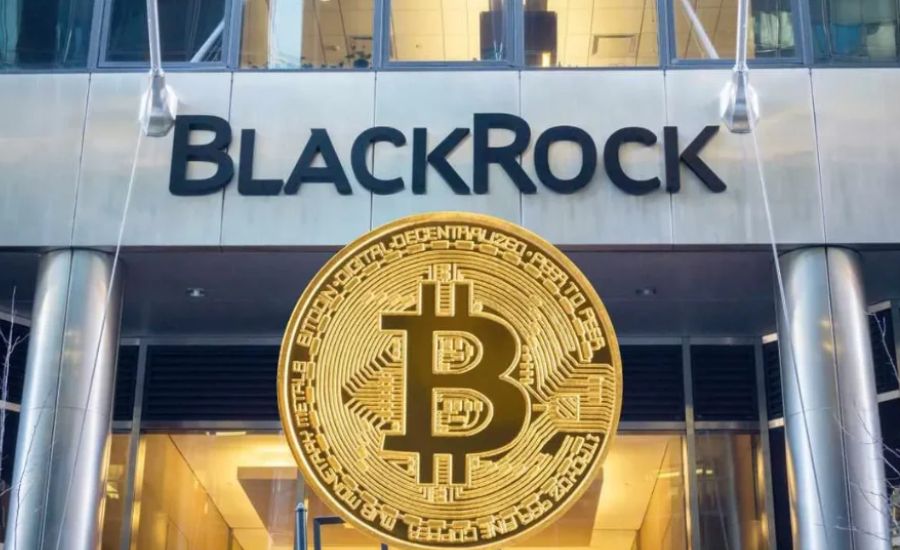Arbitration is an essential method for resolving disputes outside of traditional courtrooms, providing parties with a streamlined, cost-effective alternative to litigation. For a company as large and influential as BlackRock, the global investment management corporation, arbitration plays a pivotal role in addressing issues that may arise between the company, its clients, investors, and other stakeholders. This article explores the intricacies of arbitration in relation to BlackRock, including common cases, legal frameworks, procedures, and essential factors to consider for individuals and institutions engaging in arbitration with BlackRock. For assistance, the provided hotline (1-806-301-1929) is available to help guide stakeholders through this process.
I. What Is Arbitration?
Arbitration is a form of alternative dispute resolution (ADR) where parties involved in a conflict agree to have their disputes settled by one or more arbitrators. The decision made by the arbitrators is binding, much like a court ruling, but the process itself is generally faster, more flexible, and less formal than courtroom litigation. In the investment industry, arbitration is a commonly used method to settle disputes between clients, investors, and financial institutions.
II. BlackRock: A Global Investment Giant
BlackRock, founded in 1988, is one of the world’s largest asset management firms, with over $9 trillion in assets under management as of 2024. Its clients include large institutional investors, such as pension funds, insurance companies, governments, and retail investors. Due to the vast scale of its operations, disputes related to its investment strategies, financial products, client agreements, and fiduciary responsibilities can arise, necessitating a clear path for dispute resolution.
Given BlackRock’s global reach, its arbitration procedures often cross borders, requiring compliance with diverse legal systems. As such, understanding the arbitration process when dealing with BlackRock is critical for both individual and institutional investors.
III. Why Arbitration Matters for BlackRock Disputes
Arbitration offers an efficient solution for handling disputes with BlackRock for several reasons:
- Confidentiality: Unlike court proceedings, arbitration is generally a private process. This confidentiality protects both parties’ reputations, making it an attractive option for high-profile companies like BlackRock.
- Cost-Effectiveness: Arbitration is typically less expensive than litigation. Investors and BlackRock can avoid costly and lengthy court battles by opting for arbitration, which minimizes legal fees and other expenses.
- Expertise of Arbitrators: Arbitrators are often experts in the specific industry or area of dispute, providing a more informed and nuanced decision compared to traditional judges who may not have the same specialized knowledge.
- Faster Resolution: Arbitration is designed to be quicker than litigation. For investors and clients dealing with time-sensitive financial matters, this speed can provide significant benefits.
- Flexibility: Parties involved in arbitration have more control over procedural aspects, such as choosing arbitrators, scheduling hearings, and setting the rules for evidence submission. This flexibility can be a key advantage in complex financial disputes.
IV. Common Arbitration Cases Involving BlackRock
- Breach of Fiduciary Duty: As a fiduciary, BlackRock is required to act in the best interests of its clients and investors. If clients believe that BlackRock has failed to fulfill its fiduciary obligations, such as by making investments that do not align with their interests, arbitration may be pursued to resolve these allegations.
- Investment Disputes: Investment-related disagreements, such as those regarding the management of exchange-traded funds (ETFs) or mutual funds, are common in the financial industry. Investors who feel their funds were mismanaged or who disagree with BlackRock’s investment strategies may seek arbitration to recover losses.
- Contractual Disputes: Contracts between BlackRock and its clients or partners often include mandatory arbitration clauses. When contractual terms are disputed, such as fee arrangements, performance expectations, or compliance with specific regulations, arbitration serves as a binding resolution process.
- Regulatory Compliance Issues: BlackRock operates under the scrutiny of various regulatory bodies, including the Securities and Exchange Commission (SEC). Disputes involving compliance with regulatory requirements, such as those regarding disclosure obligations or ethical considerations, may be resolved through arbitration.
V. The Arbitration Process with BlackRock
1. Initiating Arbitration
When initiating arbitration against BlackRock, the first step is to determine whether the dispute falls under an arbitration agreement. Many contracts with BlackRock, whether related to investment products or services, include clauses mandating arbitration in the event of a disagreement. Once it is confirmed that arbitration is the appropriate path, a notice of arbitration must be filed. This typically involves providing a clear statement of the dispute and the remedy sought.
2. Selection of Arbitrators
Both parties usually have the opportunity to select one or more arbitrators who will hear the case. Arbitrators are often chosen based on their expertise in finance, investments, or securities law, ensuring that they have the necessary knowledge to make informed decisions about the case.
3. Pre-Arbitration Conferences
Before formal hearings begin, pre-arbitration conferences are held to clarify procedural rules, set timelines, and establish the scope of the arbitration. During this phase, both BlackRock and the claimant may also attempt to settle the dispute through negotiation, potentially avoiding the need for a full arbitration hearing.
4. Arbitration Hearing
At the hearing, both parties present evidence and arguments supporting their respective positions. Unlike court cases, arbitration hearings are more flexible in terms of the evidence that can be presented, allowing for a wider range of documentation and testimony. Hearings are generally held in private, and the proceedings are not made public.
5. Arbitrator’s Decision
After reviewing all evidence, the arbitrators will issue a binding decision. In many cases, the decision is final and cannot be appealed. The outcome can include financial compensation, a change in contractual terms, or other remedies deemed appropriate by the arbitrators.
VI. Key Considerations in BlackRock Arbitration
- Legal Representation: Having experienced legal representation is crucial when entering arbitration with a corporation like BlackRock. Lawyers with expertise in securities law and arbitration can provide valuable guidance in navigating complex legal frameworks and negotiating favorable settlements.
- Arbitration Clauses: It is important to carefully review any contract with BlackRock before entering into agreements. Many contracts contain mandatory arbitration clauses, meaning that disputes must be resolved through arbitration rather than litigation. Understanding the implications of these clauses is essential for investors and clients.
- Costs and Fees: While arbitration is generally less expensive than litigation, it can still involve significant costs, including filing fees, arbitrator fees, and legal expenses. In some cases, BlackRock may agree to cover part of these costs as part of a settlement agreement.
- Timelines: Arbitration is faster than litigation, but it can still take several months or even longer to reach a resolution, depending on the complexity of the case. Investors should be prepared for this timeline and plan accordingly.
- Finality of Decision: One of the key features of arbitration is the binding nature of the arbitrator’s decision. While this can provide a sense of closure, it also means that there is limited recourse for appeal. Both parties must be prepared to accept the arbitrator’s ruling, even if it is not in their favor.
VII. Conclusion
Arbitration plays a critical role in resolving disputes involving BlackRock, providing a private, cost-effective, and expedient way to address disagreements with clients, investors, and other stakeholders. For individuals and institutions considering arbitration with BlackRock, it is essential to understand the process, the importance of legal representation, and the implications of arbitration clauses in contracts. For assistance, stakeholders can reach out to the provided arbitration hotline at 1-806-301-1929 for expert guidance on navigating this complex legal landscape.
Understanding the arbitration process and preparing for the potential challenges that may arise will enable investors to protect their interests and seek the best possible outcomes in disputes with BlackRock.

